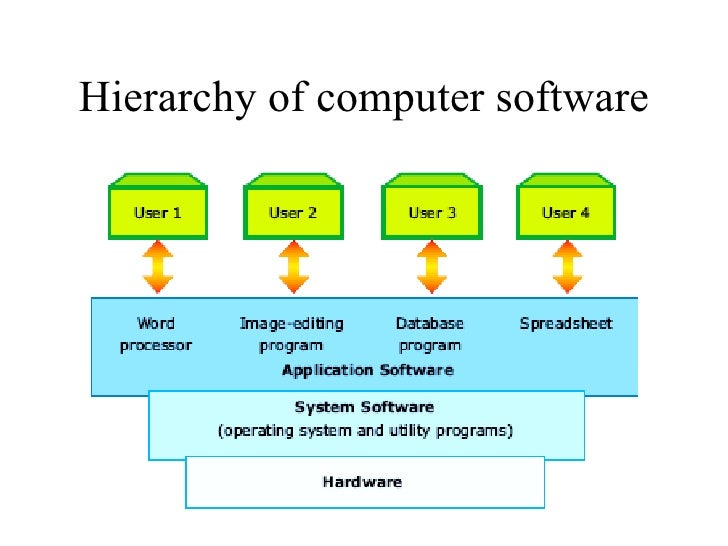
An operating system is a program that acts as an interface between the user and the
computer hardware and controls the execution of all kinds of programs.
An operating system performs these services for applications:
- In a multitasking operating system where multiple programs can be running at the same time, the operating system determines which applications should run in what order and how much time should be allowed for each application before giving another application a turn.
- It manages the sharing of internal memory among multiple applications.
- It handles input and output to and from attached hardware devices, such as hard disks, printers, and dial-up ports.
- It sends messages to each application or interactive user (or to a system operator) about the status of operation and any errors that may have occurred.
- It can offload the management of what are called batch jobs (for example, printing) so that the initiating application is freed from this work.
- On computers that can provide parallel processing, an operating system can manage how to divide the program so that it runs on more than one processor at a time
- Following are some of important functions of an operating System. Memory Management Processor Management Device Management File Management Security Control over system performance Job accounting Error detecting aids Coordination between other software and users.



Comments
Post a Comment
thank you for visiting :)